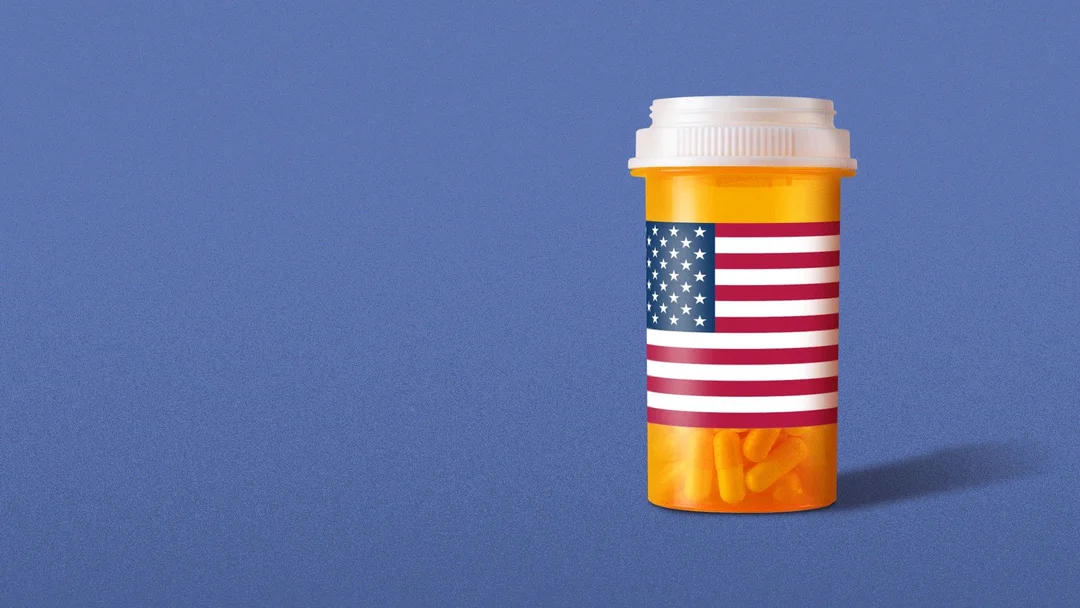
Trump Tariffs Spare Pharmaceutical Industry, Impacting Drug Prices
President Trump's recent tariff announcements have strategically excluded the pharmaceutical industry, a move that has significant implications for drug prices and healthcare stocks. The decision, aimed at avoiding potential increases in medication costs, was detailed in a series of reports from Axios, USA Today, Barron's, and a BBC video segment.
The exemption of pharmaceuticals from the new tariffs is seen as a relief for both the industry and consumers, who have been facing rising drug prices. Analysts suggest that this strategic move could stabilize or even reduce drug costs, benefiting patients across the U.S. However, the broader impact of the tariffs on other sectors continues to be a point of contention among economists and industry leaders.
Healthcare stocks, in particular, have shown mixed reactions to the news. While some companies directly involved in pharmaceuticals have seen gains, others in related sectors like medical devices are bracing for potential tariff impacts. The nuanced approach to tariffs highlights the administration's attempt to balance economic policies with public health considerations.
Related issues news
Will tariffs affect the pharmaceutical industry?
U.S. manufacturing costs for pharma companies will rise as country-specific tariffs will affect key supplies such as organic chemicals and glassware used to make pharma products, Bernstein analysts said in a note. They calculated an additional $45 billion of import cost risk to the pharma industry.
Does China charge the US tariffs?
On March 10, China imposed a 15% tariffs on American goods, including agricultural goods. Since February 2025, the Trump administration imposed a total of 54% tariffs on China, with the Chinese Government imposing 82% tariffs on the United States.